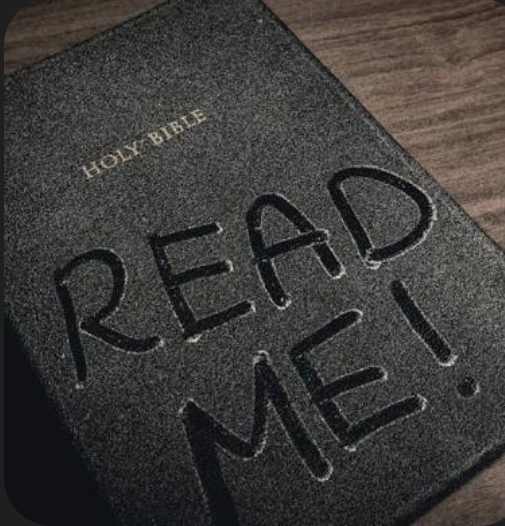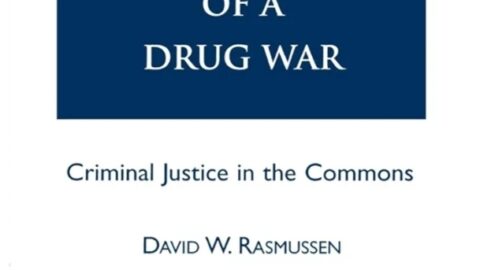The Bible: Not a Religion, but a Way of Life
Introduction: Beyond Ritual—A Living Philosophy
Contrary to modern interpretations that often box the Bible into the category of “religion,” a careful reading reveals that the Bible teaches something far more profound and holistic—a way of life. Rather than a checklist of rituals or institutional traditions, it lays the foundation for an entire culture rooted in divine principles, moral accountability, and love-driven relationships. The Bible isn’t merely a religious text; it is a manual for human flourishing.
“The Way”: A Culture Rooted in Principles
In the early days of Christianity, followers of Jesus weren’t called “Christians.” They were known as followers of The Way (Acts 9:2). This term captured the essence of the movement—it was a lifestyle, a path, and a new way of seeing the world. It wasn’t about subscribing to religious ceremonies but about embodying values such as forgiveness, humility, truth, justice, and love.
From Ritual to Relationship
The message of Christ moved humanity away from transactional religious practices (sacrifices, external rituals) to transformational relationship. The focus shifted from external behavior to internal character:
- “Man looks at the outward appearance, but the Lord looks at the heart.” (1 Samuel 16:7)
- “Love the Lord your God with all your heart… and love your neighbor as yourself.” (Matthew 22:37-39)
These are not religious doctrines but calls to higher consciousness and connection.
A Way of Treating Others: The Golden Rule
Jesus elevated human interaction to divine heights through what is known as the Golden Rule:
“Do unto others as you would have them do unto you.” (Luke 6:31)
This principle isn’t just a social courtesy—it’s a moral foundation upon which a society of mutual respect, empathy, and justice is built. It’s a cultural ethic, meant to shape communities, nations, and ultimately, the human condition.
Love as Law
The central message of the Bible isn’t blind obedience or fear, but love:
- “Let all that you do be done in love.” (1 Corinthians 16:14)
- “Whoever does not love does not know God, because God is love.” (1 John 4:8)
These verses reflect a divine imperative—not religious conformity, but character transformation. A godly life is defined not by church attendance but by how we love, forgive, give, and serve.
Personal and Communal Growth
The Bible speaks of life as a journey toward spiritual maturity—not just for individuals, but for families, communities, and nations. It provides a framework for:
- Ethical leadership (Proverbs)
- Wise financial stewardship (Ecclesiastes)
- Emotional intelligence (Psalms)
- Conflict resolution (Matthew 18)
- Community welfare (Acts 2–4)
These teachings promote a sustainable, compassionate society.
Conclusion: A Higher Path
To reduce the Bible to “religion” is to miss its transformative power. It teaches The Way—a higher path of living that transcends dogma and dives deep into the soul. It calls us to become better individuals, create stronger families, and shape a society founded not on greed or power, but on truth, virtue, love, and grace.
This isn’t religion—it’s revolution. A revolution of character, heart, and humanity.







